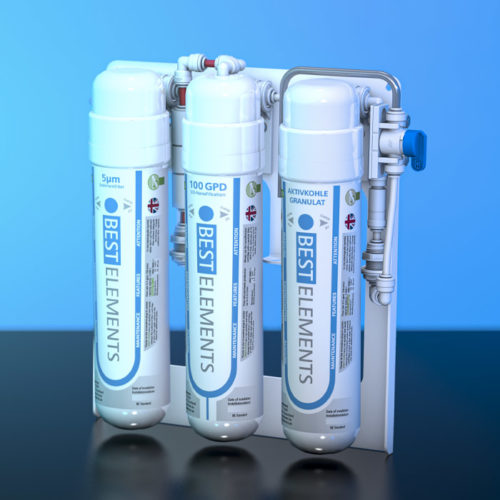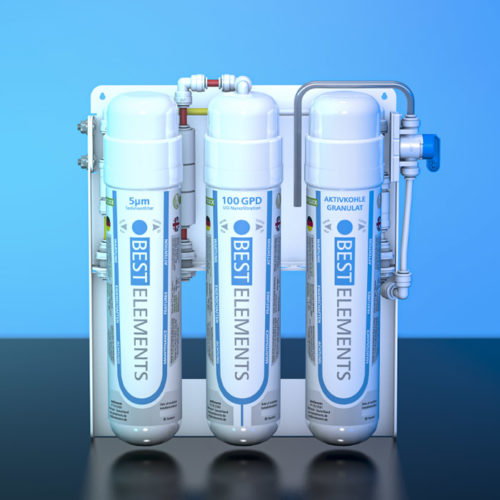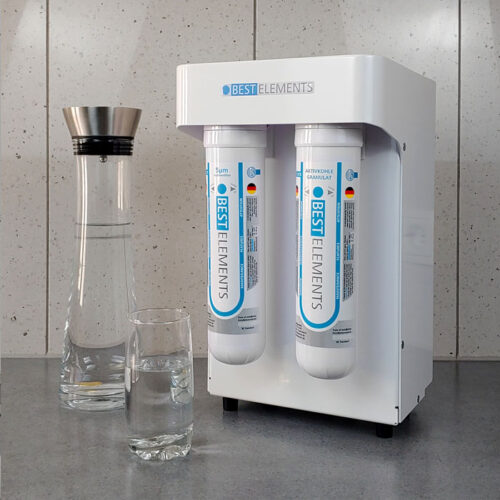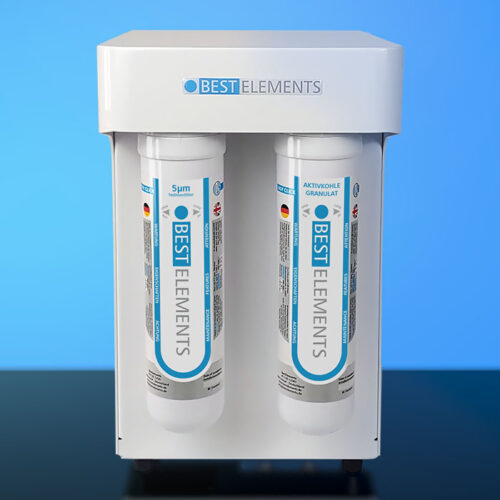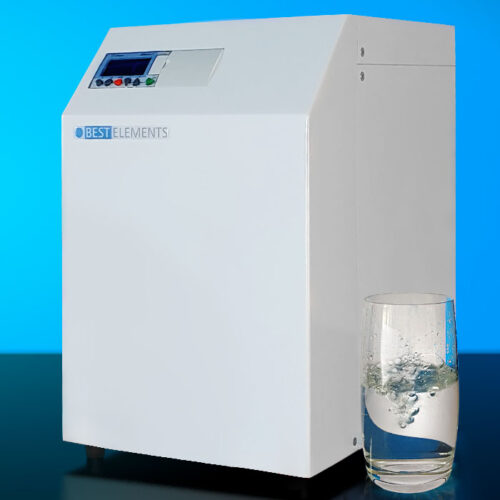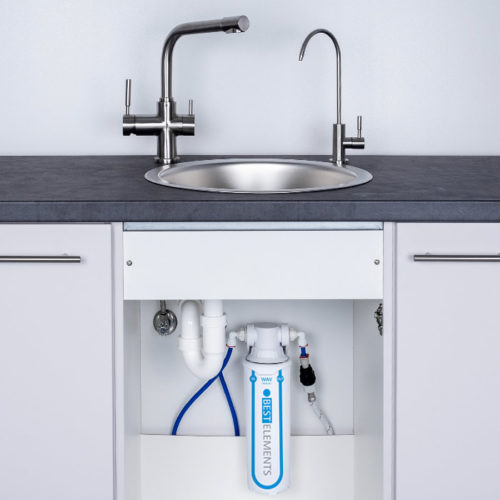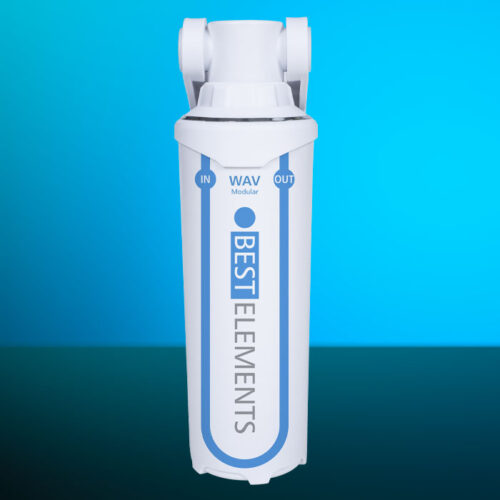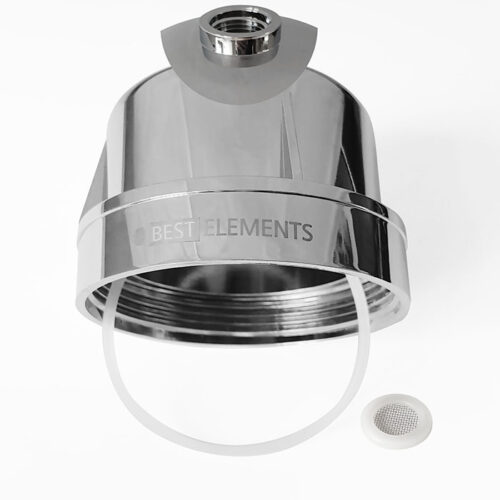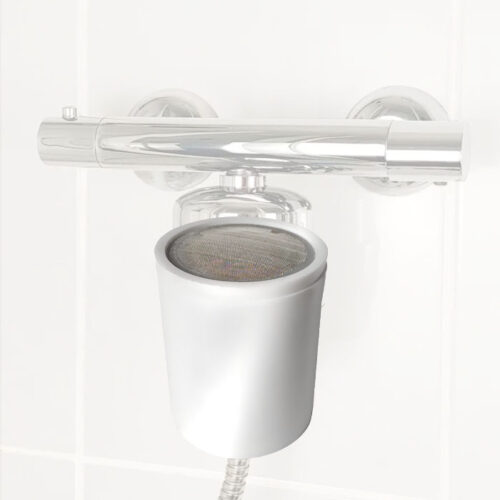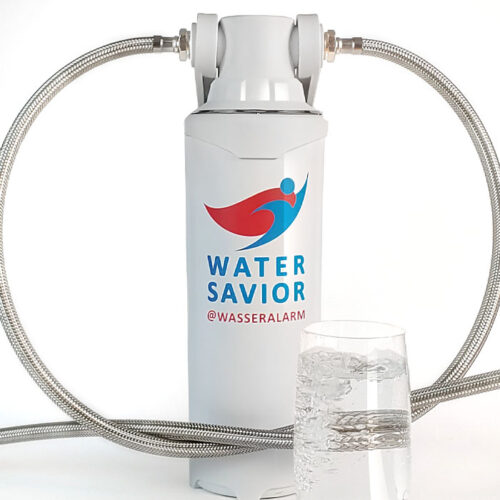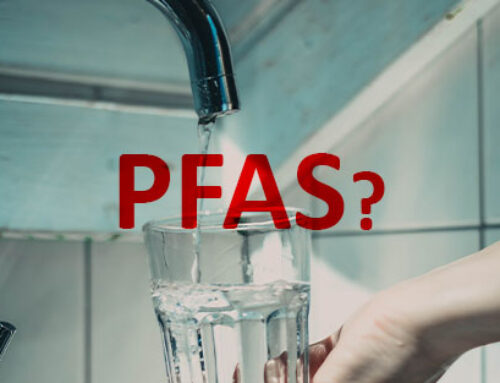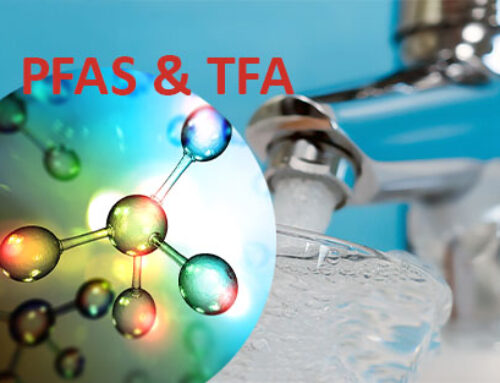Every sip of water is a kick – but involuntarily?
Could this be the future if we don’t take care of our drinking water?
Study by the Technical University of Berlin uncovered increased levels of drug residues in the city’s wastewater. During the investigation, various substances such as cocaine, amphetamines and MDMA were detected in the wastewater samples.
The study is based on the analysis of sewage samples, which can serve as an indicator of drug use in a given region. The increased occurrence of drug residues in the Berlin wastewater indicates a significant drug consumption in the population.
These results raise questions about the extent of drug use in the capital and illicit drug trafficking. The discovery of drug residues in the sewage shows that drug use is a relevant social problem in Berlin.
The study stresses the need for further action to combat illicit drug trafficking and promote drug prevention. It is important to investigate the causes and background of increased drug use and to develop effective strategies for prevention and intervention.
The analysis of wastewater samples makes it possible to obtain a more comprehensive picture of drug use in a given region and can serve as a tool for monitoring and evaluating drug policy measures. By identifying drug use hotspots, targeted action can be taken to curb drug abuse and improve community health and safety.
Filters in waterworks not sufficient
Drug residues in wastewater are difficult to remove because they are chemically stable and do not degrade easily. Many drugs and their metabolites are water soluble and therefore enter the sewage system via urine or stool. While conventional wastewater treatment plants are capable of removing many organic matter, they are often not designed to effectively remove drug residues.
One reason is that drug residue concentrations in wastewater are often very low, making their detection and removal difficult. In addition, some drug residues can be converted into various forms during wastewater treatment, further complicating their collection and removal.
The presence of drug residues in drinking water is of concern as they can pose potential health risks. Although levels of drug residues in drinking water are usually very low, they can still have adverse effects on human health. Drugs such as cocaine, amphetamines and MDMA have a stimulating effect on the central nervous system and can therefore cause undesirable side effects if ingested through drinking water.
There is also a risk that drug residues could combine with other chemicals in wastewater or the environment to form new substances that could potentially have unknown health effects.
For these reasons, it is important to take measures to reduce the entry of drug residues into wastewater and to improve wastewater treatment. This can be achieved by raising public awareness of the need to use medicines in an environmentally responsible manner, increasing wastewater monitoring and implementing more advanced wastewater treatment technologies. The goal is to maintain the quality of drinking water and minimize the potential health risks from drug residues.
Own, individual filter measures are increasingly in demand
With suitable filter devices that use effective filter technology, the removal of drug and medication residues is safe. These devices ensure the purest drinking water without active ingredients from drugs and medicines.
Remove drug residues from the water
BestElements filter devices that work on the basis of molecular technology are able to remove drug residues from drinking water. The special thing is that the impurities do not remain in the filter device, but are led to the outside as waste water. This ensures long-term reliability.

